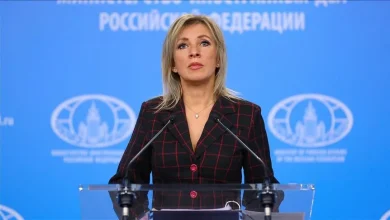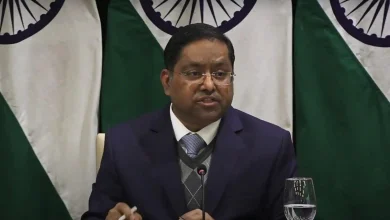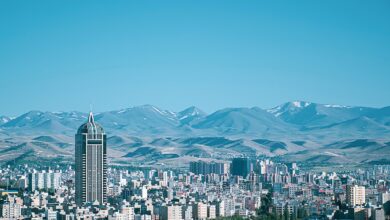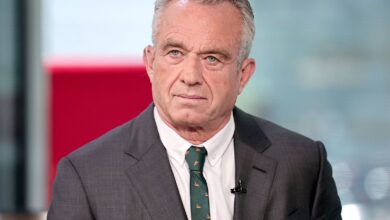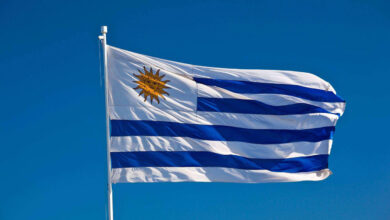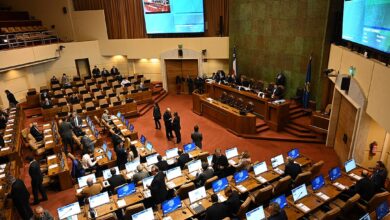No change in EU relations after Armenia revolution, Armenian FM says
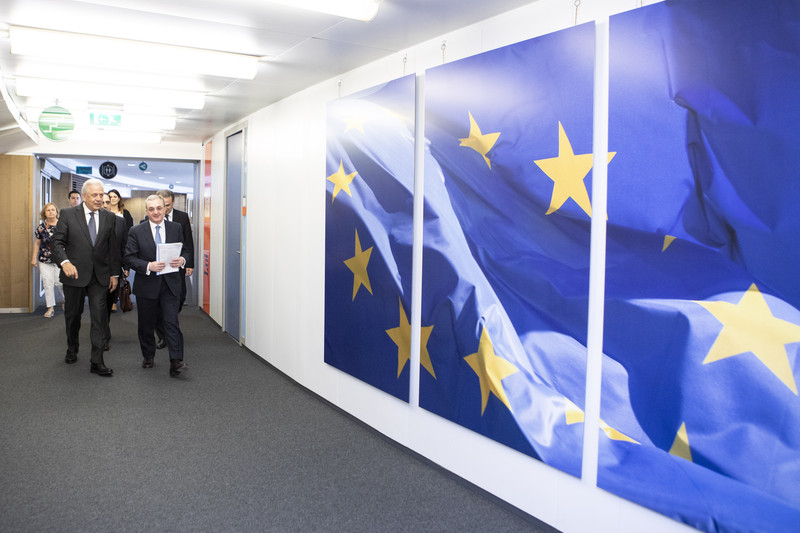
The big difference between Armenia’s ‘velvet revolution’ and other revolutions like Ukraine was Armenia’s “security architecture,” Armenian Foreign Minister Zohrab Mnatsakanyan said in an interview with the EUobserver during a recent visit to Brussels.
“Look at Azerbaijan. Look at Turkey. We’re a country that has been blockaded for 27 years by these two states, a country which has existential security threats … We can’t afford a security vacuum for ten minutes,” Mnatsakanyan said.
“Russia today is playing the role which provides hard security [for Armenia]. Is there anyone else standing there ready to help?” he said.
“Look at the countries who are trying to become NATO members [Georgia and Ukraine]. How long have they been in the queue? Ten years, is it? We can’t afford 10 minutes,” he said.
The way the West has cozied up to Azerbaijan’s authoritarian regime for its oil and gas also showed that realpolitik governed EU actions more than it cared to admit, Mnatsakanyan said.
“National interests drive the vision of every government … the EU very much values relations driven by its energy interests,” the minister said.
That understanding of harsh reality was visible on the streets of Yerevan in May, when Armenian people “of all classes” displayed “political literacy” as well as moral outrage, he added.
“Which flags did you see in the streets? Only the [Armenian] tricolor – because that’s what it was all about … it was a strictly domestic affair,” he said.
“People in their thousands expressed that they wanted to live in a just society … they did not express that they wanted to bring geopolitics into this, that they wanted to review relations with Russia,” he said.
The revolution was more than cosmetic, he said.
Mnatsakanyan said Armenia “does have an independent foreign policy”. Asked what Russia might do if Yerevan quit the Eurasian bloc in favor of closer European ties, he said:
“What happened in Armenia [the Velvet Revolution] – was it democratic enough for you? Was it good enough? Or does it have to be anti-Russian for it to qualify as democratic?” he said.
He also indicated that EU officials were also less than keen to upset the status quo.
“Are we going to sit down [with top EU officials] and hear them say: ‘Are you with Russia or not?’ – that conversation will never happen,” he said after his EU visit.



